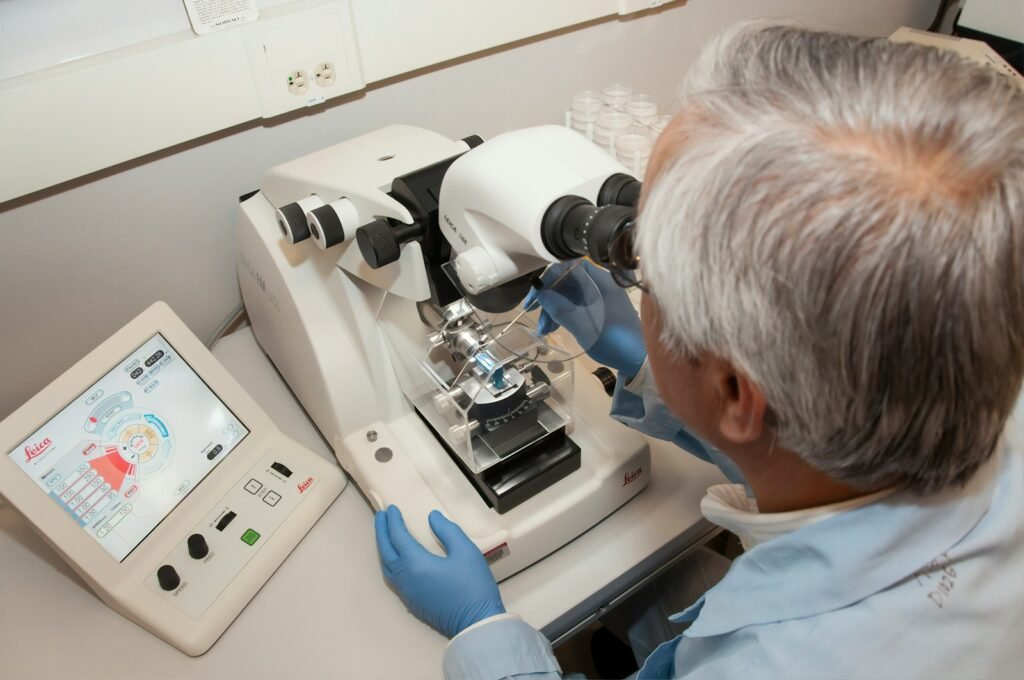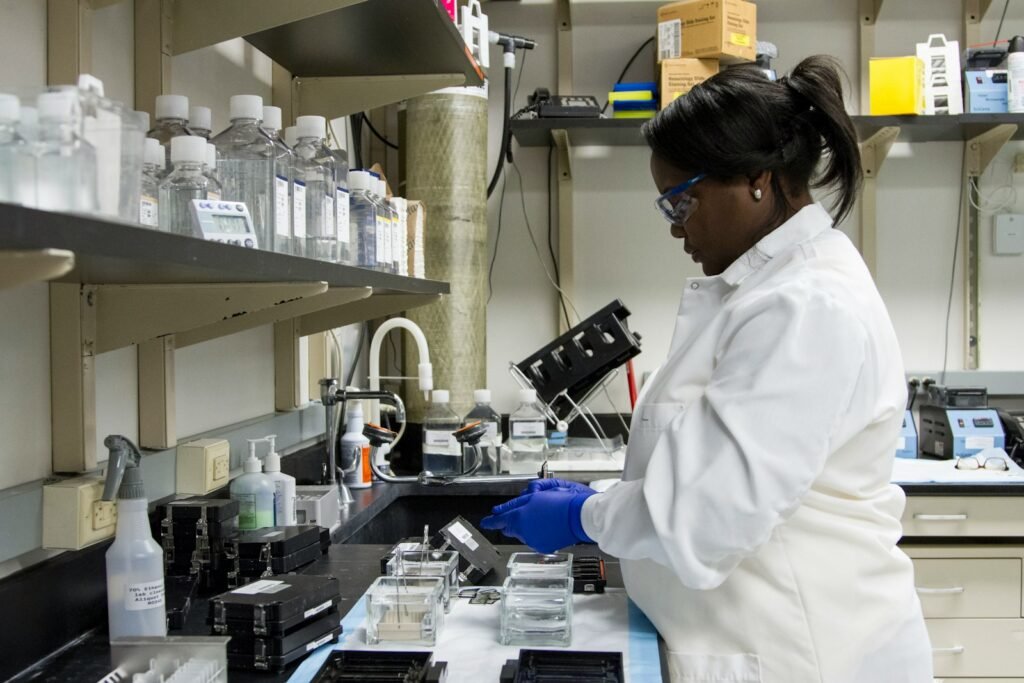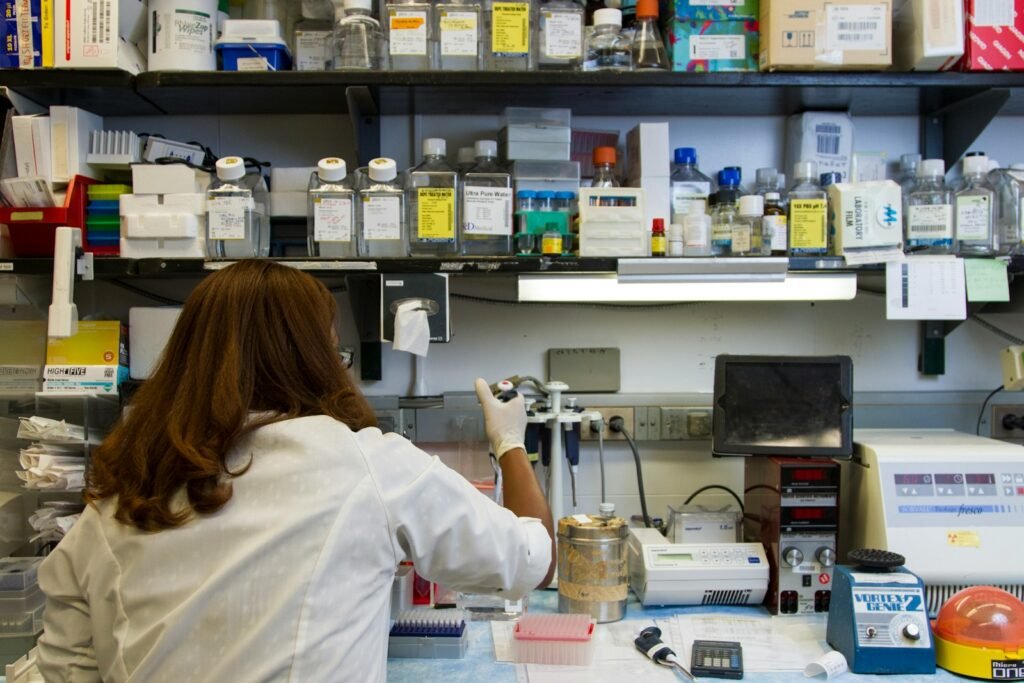The field of genetics has radically transformed our understanding of health and disease, offering insights that were unimaginable just a few decades ago. Genetic tests have become a key player in modern medicine, paving the way for personalized treatments and preventative strategies tailored to individual genetic profiles. Whether it’s understanding the risk of developing certain conditions or guiding treatment decisions, genetic testing is revolutionizing healthcare. Here, we’ll explore twelve genetic tests that are instrumental in shaping the future of medicine.
1. Carrier Screening Tests

Carrier screening tests are pivotal for individuals planning to start a family. These tests identify if a person is a carrier for genetic conditions such as cystic fibrosis, sickle cell anemia, or Tay-Sachs disease. By understanding whether both parents carry genes for certain disorders, it is possible to determine the risk of these conditions being passed to their offspring. This type of screening provides crucial information for family planning, allowing prospective parents to make informed decisions about their reproductive options.
2. Pharmacogenomic Tests

Pharmacogenomic testing examines how a person’s genetic makeup affects their response to medications. This information can be used to tailor treatments that maximize efficacy while minimizing adverse effects. By understanding genetic variations that influence drug metabolism, healthcare providers can prescribe the right drug at the right dose, significantly improving treatment outcomes in fields such as oncology, cardiology, and psychiatry.
3. BRCA1 and BRCA2 Mutation Testing

The BRCA1 and BRCA2 genetic tests assess the risk of breast and ovarian cancers. Mutations in these genes are linked to a higher chance of developing certain cancers during a person’s lifetime. Early detection of these mutations allows for preventive measures, such as increased surveillance, lifestyle changes, or prophylactic surgeries, which can significantly reduce the risk of cancer development.
4. Non-Invasive Prenatal Testing (NIPT)

Non-invasive prenatal testing is a breakthrough in prenatal care, allowing for the early detection of chromosomal abnormalities such as Down syndrome, Edwards syndrome, and Patau syndrome. By analyzing cell-free fetal DNA from the mother’s blood, NIPT offers a safe alternative to more invasive procedures like amniocentesis, reducing the risk to both the mother and unborn child.
5. Newborn Screening

Routine newborn screening tests are conducted shortly after birth to detect treatable genetic disorders that can affect a child’s long-term health. Conditions such as phenylketonuria (PKU) and congenital hypothyroidism can be managed effectively with early intervention, making these tests a crucial part of neonatal care.
6. Tumor Profiling

Tumor profiling tests identify genetic mutations within cancer cells, providing insights into the specific nature of a person’s cancer. This information can guide targeted cancer therapies, offering personalized treatment plans that improve survival rates and reduce unnecessary exposure to ineffective drugs. As our understanding of cancer genetics improves, these tests are becoming a cornerstone of oncological care.
7. Hereditary Cancer Panels

Hereditary cancer panels analyze multiple genes associated with an increased risk of various cancers. This comprehensive approach helps identify individuals at risk of hereditary cancer syndromes, enabling proactive monitoring and preventive strategies. They are particularly useful for those with a family history of multiple cancers, facilitating early intervention and prevention.
8. Cardiovascular Risk Genetic Testing

Genetic tests for cardiovascular risk identify mutations that may predispose individuals to heart diseases, such as familial hypercholesterolemia. These tests enable early detection and intervention, potentially preventing serious outcomes like heart attacks and strokes. By understanding genetic risks, lifestyle modifications and targeted therapies can be implemented earlier in life.
9. Neurological Disorders Genetic Testing

Genetic tests for neurological disorders have advanced our ability to diagnose conditions like Alzheimer’s, Parkinson’s, and Huntington’s disease. Early detection through genetic testing can help manage symptoms more effectively and allows patients and families to prepare for future care. Additionally, these tests contribute to research efforts aimed at developing new treatments for these complex diseases.
10. Hematological Genetic Testing

Genetic testing for blood disorders can diagnose conditions such as hemophilia and thalassemia. Understanding the genetic basis of these diseases can guide treatment decisions and family planning. By identifying carriers of hematological conditions, these tests help prevent the inheritance of disorders and support effective disease management in affected individuals.
11. Infectious Disease Susceptibility Testing

These tests examine genetic factors that might affect an individual’s susceptibility to certain infectious diseases. Understanding a person’s genetic predispositions can help tailor preventative and therapeutic strategies, particularly for illnesses with significant genetic components, such as HIV and hepatitis. Such tests enable more personalized approaches to vaccination and treatment protocols.
12. Rare Disease Genetic Testing

Rare genetic disorders often require specialized testing for proper diagnosis and management. Genetic testing can uncover the basis of rare conditions, leading to more precise diagnoses and, in some cases, guiding treatment decisions. With advancements in genome sequencing, personalized medicine is increasingly accessible for these patients, offering hope for improved quality of life and better management of rare diseases.
In conclusion, genetic testing represents a frontier in personalized medicine, offering insights that can profoundly impact health outcomes. By understanding genetic predispositions, healthcare can be more precisely tailored to individual needs, enhancing preventative strategies and therapeutic interventions. As we continue to uncover the intricacies of the human genome, genetic tests will undoubtedly grow in their importance and scope, promising a new era of personalized healthcare.




